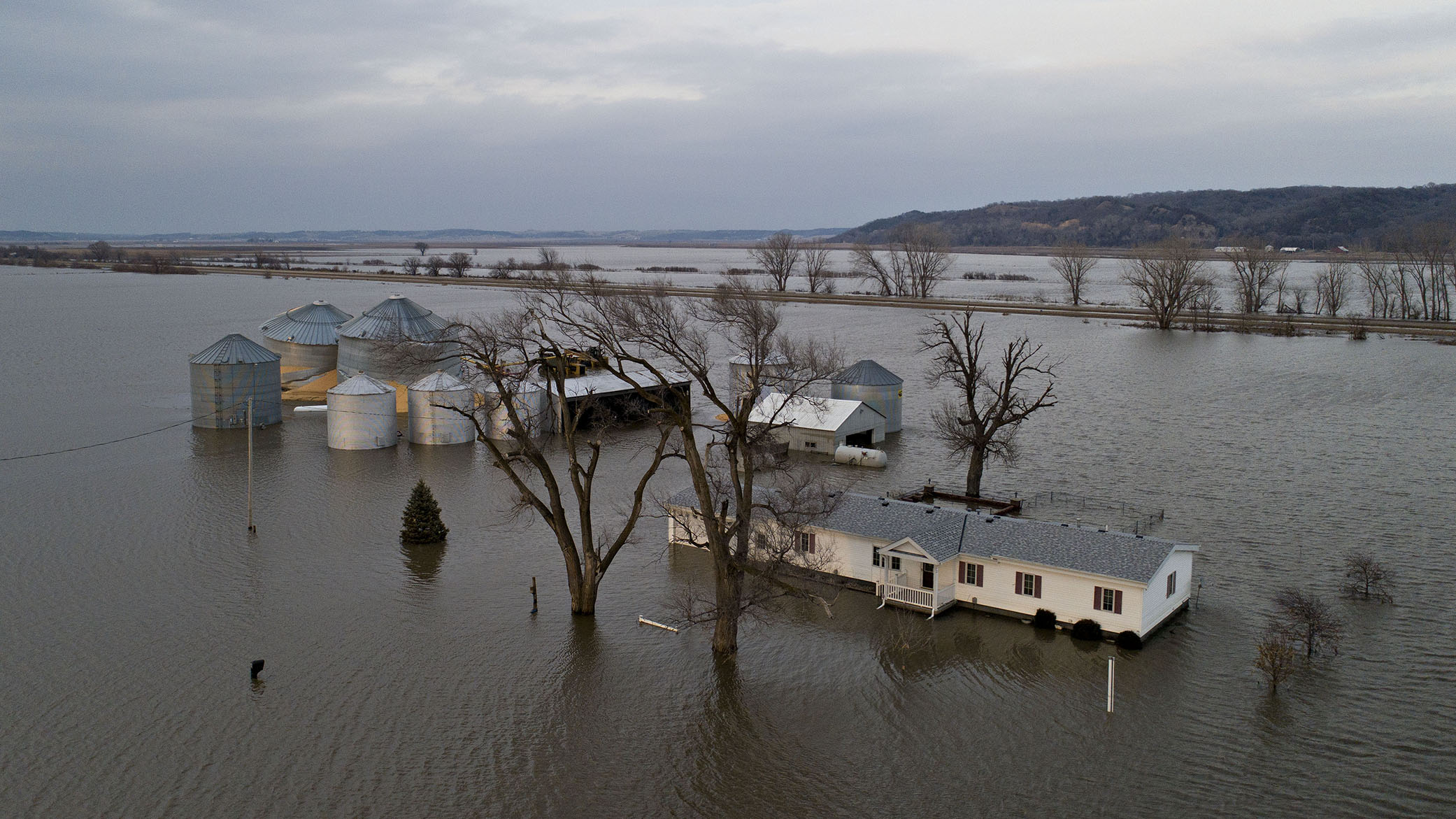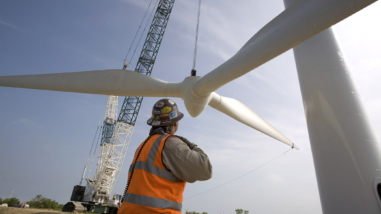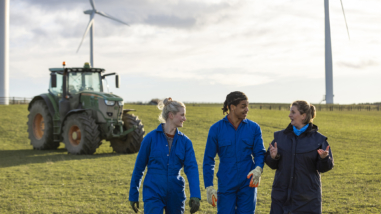Report: Climate change threatens the world’s food supply and forests, but there’s still time to act

The newly released Intergovernmental Panel on Climate Change (IPCC) Special Report on Climate Change and Land confirms the lived experiences of people who have suffered from deadly fires in California to famine in Somalia, to widespread loss of ancestral forests in Brazil and peatlands in Indonesia: the impacts of climate change are already being felt in the world’s food, farm, and forests systems. The report documents not only the historic trend of increases in the frequency and severity of heat waves, droughts, floods, wildfires, and the degradation of soils, but also projects that unless climate change trends are reversed, these changes will become much more significant—including leading to a substantial risk of shocks to our food supply system.
Meanwhile, our agricultural and land use practices are themselves contributing to the increase in global warming: Nearly 25 percent of global greenhouse gas emissions come from our land activities, including from deforestation and agriculture.
But the good news is that the IPCC report also confirms that this need not be our future. If we follow a prudent course of action, we can stay below the most dangerous thresholds of climate change while continuing to improve our standards of living. We can reduce deforestation and more sustainably manage our forested lands—which simultaneously can protect biodiversity and provide for the paper, pulp and wood products we need in our economy. We can improve our soil health to both capture and store more carbon—and simultaneously reduce soil erosion, and improve soil moisture and agricultural resilience. We know how to improve agriculture intensification—getting more production from an acre of land, and thus reducing the pressure to clear virgin forests or savannah. We know how to reduce food waste throughout the supply chain—everything from food left rotting in the fields for lack of mechanisms to move it to the market, or food that is wasted in supermarkets or homes. We are increasingly aware of the environmental costs of our diets, and there are global movements to eat lower on the food chain. We are beginning to tackle the problems of wildfires, with their huge pulses of CO2 emitted into the atmosphere—and addressing this problem will also improve air quality, protect communities, and preserve biodiversity.
At the Hewlett Foundation, in partnership with other philanthropies and a global network of partners, we are working to support the policies, practices, and measures that will lead to a more sustainable future on and with our landscape. We are working with both local communities and global actors to balance the needs of farmers, ranchers, loggers, and the environment; in our future, all must find a place. But time is increasingly short. We must see changes quickly if we are to avoid global damages. We need more resources and aggressive action, not only from philanthropy, but also from government, and from the private sector. The IPCC report is a clarion call for action. It sends a clear message of the risks we face from delay or inaction. But it is also a roadmap to a better, more climate-friendly and sustainable future. It’s time to act on its advice.



